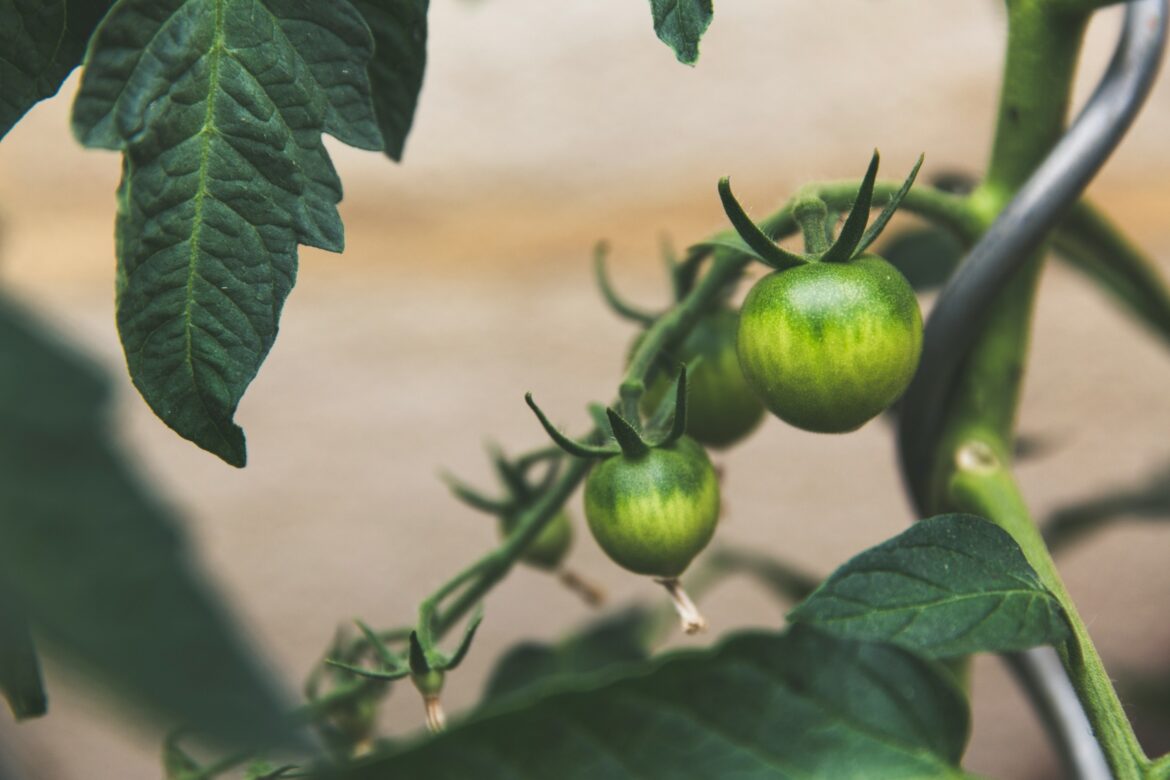Agriclimate tech company iyris (formerly RedSea) has announced the completion of a $16 million Series A fundraise.
The round was led by Ecosystem Integrity Fund (EIF) – a San Francisco-based climate and sustainability fund, and supported by current and new institutional investors, including Global Ventures, Dubai Future District Fund (DFDF), Kanoo Ventures, Globivest, and Bonaventure Capital.
iyris was advised by Kirchner Group and King & Spalding.
The company shared that the proceeds will support increased sales coverage and the delivery of iyris’ international sales pipeline for SecondSky greenhouse covers and nets.
It will also fund the continued development of its innovative heat-blocking products and resilient plant genetics.
The company’s technologies are aimed at helping growers increase crop yields, reduce input costs and risk, and extend growing seasons in some of the most difficult farming environments while reducing water and energy consumption by up to 90 per cent.
John Keppler, Executive Chairperson of iyris, said that there are “few problems” more challenging than feeding the world sustainably.
“iyris is assembling the necessary toolkit to help farmers improve crop yields with fewer resources,” Keppler explained.
“The completion of our Series A fundraise enables us to take the next steps in expanding sales of our drop-in solutions for heat blocking and crop resilience to our grower customers around the world.”
Sasha Brown, Partner at EIF, noted that the climate and sustainability fund has been studying the impact of increasingly extreme weather on agriculture.
“iyris’ suite of products is tailored for growers in harsh and volatile conditions, who have historically been underserved by AgriClimate Tech innovation. These growers, who often operate on thin margins, have few options to better manage their farms to reduce the risk of crop loss, increase yields, and reduce water and energy consumption,” said Brown.
Adding: “We have invested in iyris because we believe there are few companies that have such tremendous potential to become a critical partner for a mass market of growers, as they seek to adapt their operations to withstand and mitigate changing climates.”




